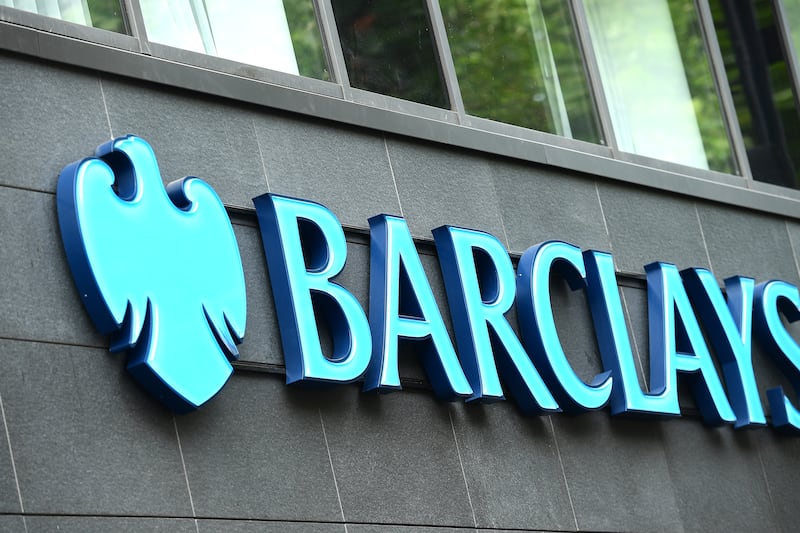EMERGING markets couldn’t seem to catch a break this summer. If it wasn’t incoming evidence of the deliberately slowed Chinese economy, trade tweets and currency crises seemed ever present. A dollar surge relative to emerging market currencies further worsened the returns available to international investors. However, there are signs that these various gales are subsiding a little.
Most importantly, the fundamental prospects for emerging market companies remain attractive. Related share prices have incorporated most if not all of the negative information already out there and now fail to fully reflect the attraction in our opinion.
On trade, the apparent agreement of a new trade deal between the US, Canada and Mexico removes many of the sharpest teeth from the long-feared all-out trade war between the US and her major trading partners. Admittedly, tensions between China and the US remain high and look less likely to be resolved any time soon.
The deceleration in some measures of Chinese activity – a side effect of the authorities’ efforts to deleverage the economy – is certainly of a more important scale. However, incoming evidence suggests that policymakers retain sufficient control over key levers of the economy to prevent a more chaotic slowdown.
Hard Brexit seems to be the talk of the town at the moment. However, handicapping that probability and, more importantly for investors, guessing at what that means for sterling and wider capital markets is fiendishly difficult. We continue to see more chance of a deal than not. Both sides are still incentivised to avoid a chaotic exit in our view, even if the respective agendas appeared relatively irreconcilable at the Salzburg summit.
However, if it is Hard Brexit, in order to take a strong view on sterling we would need to work out whether the likely hit to the supply side of the economy, through supply chain disruption or departing workers, is likely to be greater than the shock to the demand side, through consumer and business confidence. Strong bets on sterling, in either direction, are for the brave at the moment. Happily it is a bit simpler for large cap UK stocks as, for the most part, the UK economy is not an important consideration. They look for their influences further afield, from the resurgent oil price to the increasingly vibrant US economy.
We still cannot see the next global recession on the horizon. Our main indicators are telling us quite clearly that for the next six to 12 months, portfolios should still be focused on stocks, in both emerging and developed worlds, over high quality bonds. The run into Christmas will no doubt give us plenty of jarring political and economic headlines to digest, but our bet remains that it is the continuing health of the US and global economy that matters most for capital markets.
These are our current opinions - but the future, as ever, remains uncertain. The value of investments can fall as well as rise and you could get back less than you invest. Smart Investor doesn’t offer personal financial advice. If you’re not sure about investing, seek independent advice.
Jonathan Sloan (jonathan.sloan@barclays.com) is a director at Barclays Wealth & Investment.







